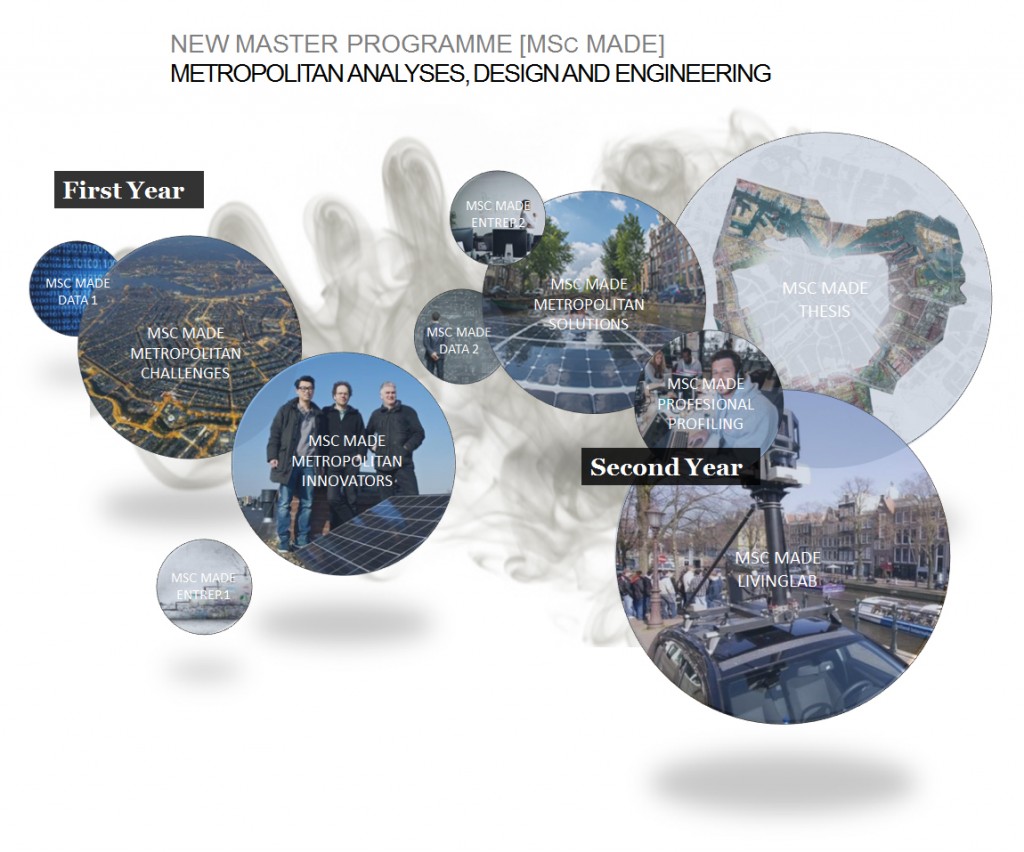
This article highlights the dynamics of values in our reasoning on public space. By means of an epistemological study, illustrated by examples in the Dutch city of Amsterdam, it tests the contemporary premises underlying our ways to safeguard the inclusive, democratic, agential city, and, as such, it aims to update our view on public space. The article raises three subsequent main questions: [i] Is the city our common house as perceived from the Renaissance onward, containing all, and consequently are public spaces used by the people as a whole? [ii] Is the city formalising our municipal autonomy as emphasised since the Enlightenment, in an anti-egoistic manner, and in this line, are public spaces owned by local governments representing the people? And, [iii] is the city open to our general view as advocated in Modern reasoning, restricting entrepreneurial influences, and synchronically, is its public spaces seen and/or known by everyone? – Inclusiveness, democracy, and agentiality are strongholds in our scientific thinking on public space and each issue echoes through in an aim to keep cities connected and accessible, fair and vital, and open and social. Yet, conflicts appear between generally-accepted definitions and what we see in the city. Primarily based upon confronting philosophy with the Amsterdam case for this matter, the answering of questions generates remarks on this aim. Contemporary Western illuminations on pro-active citizens, participatory societies, and effects of among others global travel, migration, social media and micro-blogging forecast a more differentiated image of public space and surmise to enforce diversification in our value framework in urban theory and praxis.
Read full article online:
Harteveld, Maurice (2019) ‘Reviewing Premises on Public Spaces in Democratic, Inclusive, Agential Cities, illustrated by Amsterdam’, In: The Journal of Public Space, 2019, Volume 4, Number 2, pp. 123-143
The Journal of Public Space is open access, contents are freely accessible under Creative Commons Attribution-NonCommercial 4.0 International License (CC BY NC).
For the full issue: Vol. 4 n. 2 | 2019 | FULL ISSUE
Editors: Maurice Harteveld and Hendrik Tieben
Managing Editor: Luisa Bravo
Publisher: City Space Architecture / UN-Habitat


